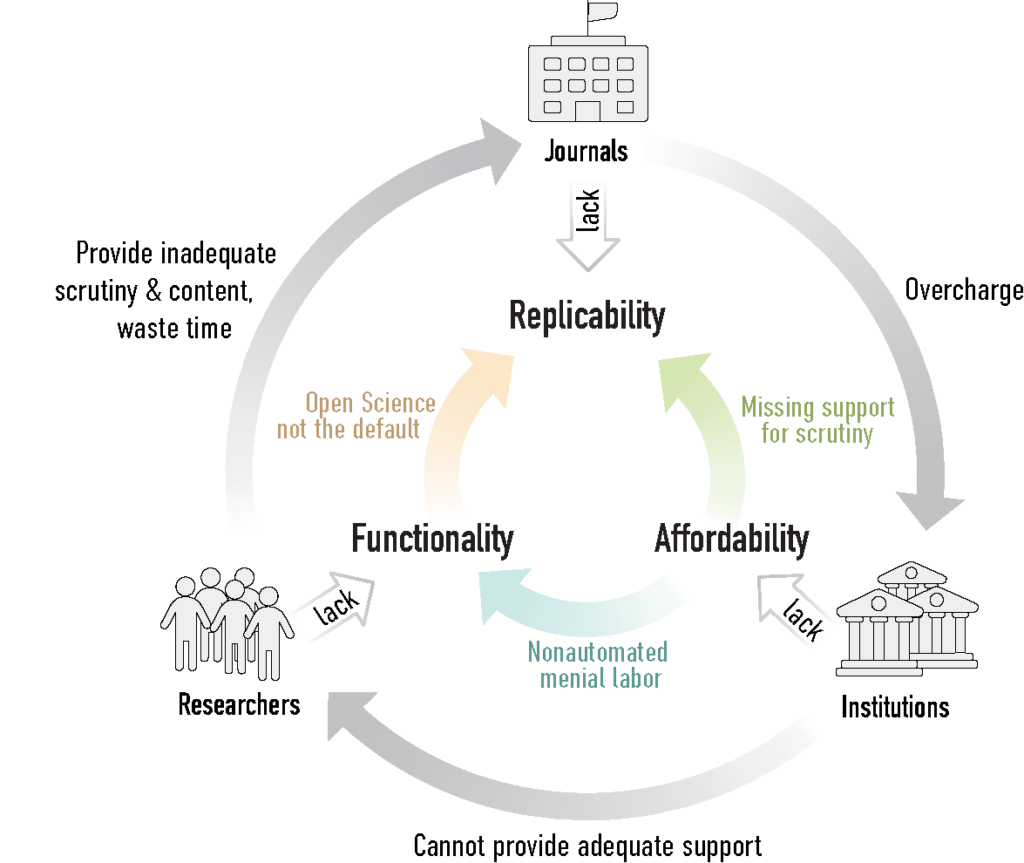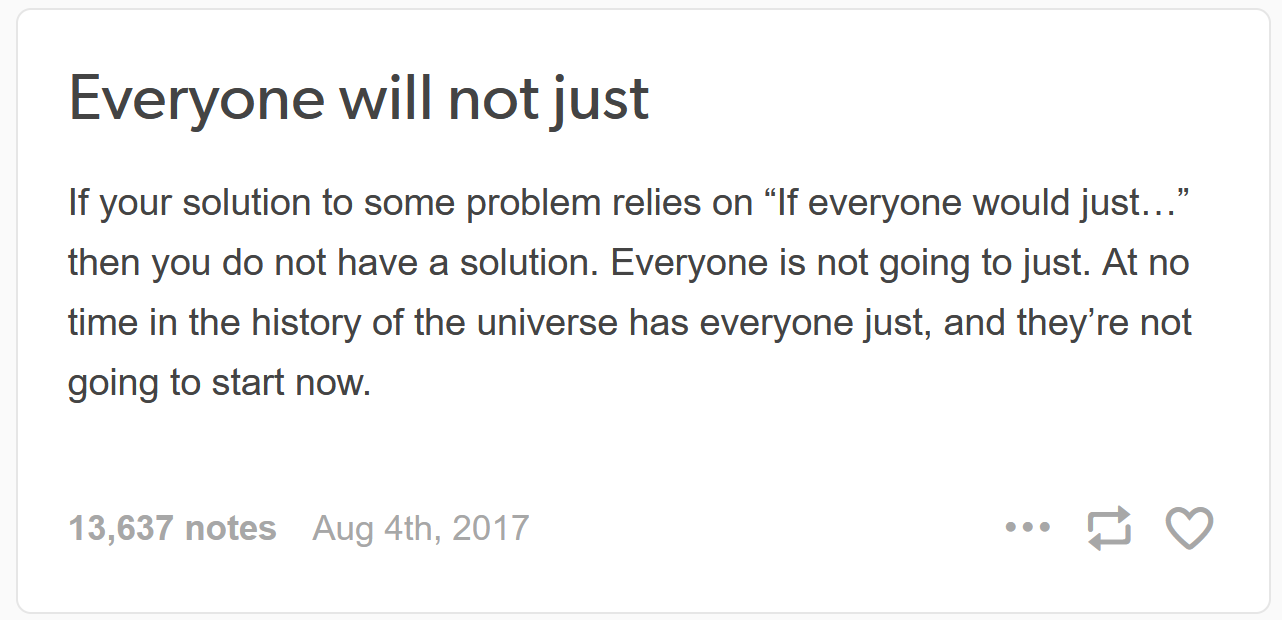The DFG is a very progressive and modern funding agency. More than two years ago, the main German science funding agency signed the “Declaration on Research Assessment” DORA.
No matter how well-intended (and we all know to which place the road leads that is paved with good intentions!), transformative agreements (such as DEAL in Germany) are generally the wrong tool at the wrong time for making publicly funded science accessible to the public.

On May 23, the Council of the EU adopted a set of conclusions on scholarly publishing that, if followed through, would spell the end for academic publishers and scholarly journals as we know them. On the same day, the adoption was followed by a joint statement of support by the largest and most influential research organizations in Europe.

or: how journals are like 1930s Rolls Royce Phantom IIs Recently, the “German Science and Humanities Council” (Wissenschaftsrat) has issued their “Recommendations on the Transformation of Academic Publishing: Towards Open Access”. On page 33 they write that increasing the competition between publishers is an explicit goal of current transformative agreements: This emphasis on competition refers back to the simple fact

tl;dr: Evidence suggests that the prestige signal in our current journals is noisy, expensive and flags unreliable science. There is a lack of evidence that the supposed filter function of prestigious journals is not just a biased random selection of already self-selected input material.
Sometimes, only small changes are required for potentially huge downstream effects.

Last week’s podium on the commodification of open science entitled “If you are not paying for the product, you are the product?” was surprisingly unanimous on the need to radically modernize academic publishing and abolish the current publishing system relying mainly on corporate publishers with monopoly status.

More and more experts are calling for the broken and destructive academic journal system to be replaced with modern solutions. This post summarizes why and how this task can now be accomplished. It was first published in German on the blog of journalist Jan-Martin Wiarda. Front cover of the now-vanished Australasian Journal of Bone & Joint Medicine . Source: Scan from the-scientist.com website
A recent OASPA guest post reminded me of something I have been wondering about for several years now. What sinister time travel device is keeping some sections of the scholarly ecosystem from leaving the past and coming back to the present?

Most academics would agree that the way scholarship is done today, in the broadest, most general terms, is in dire need of modernization. Problems abound from counter-productive incentives, inefficiencies, lack of reproducibility, to an overemphasis on competition at the expense of cooperation, or a technically antiquated digital infrastructure that charges to much and provides only few useful functionalities.